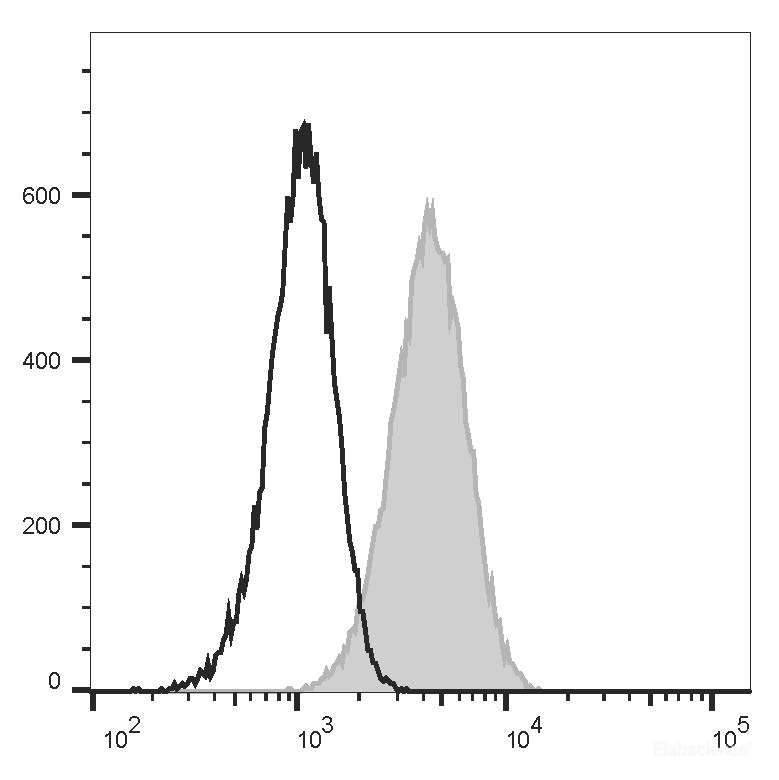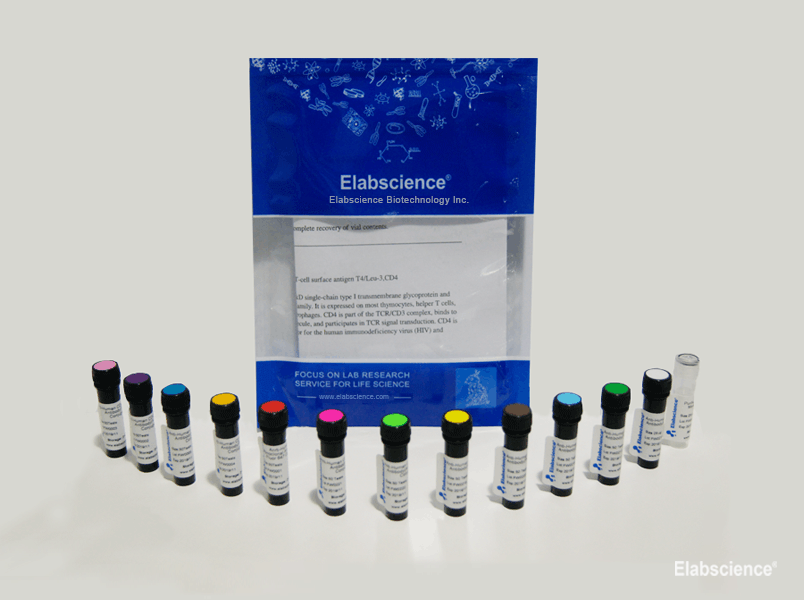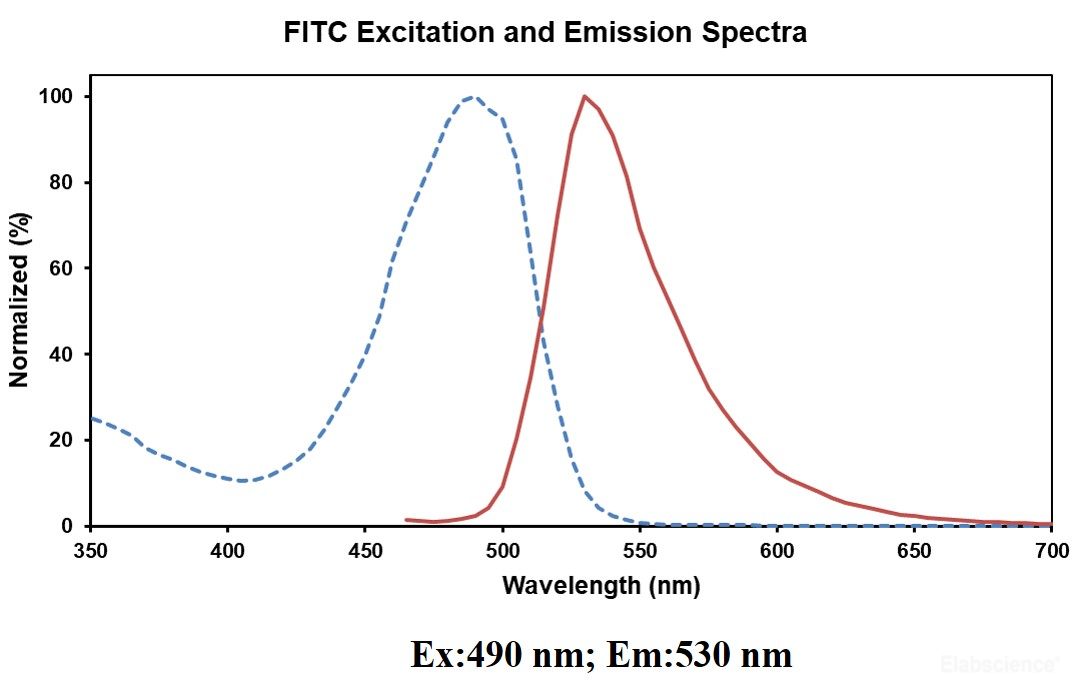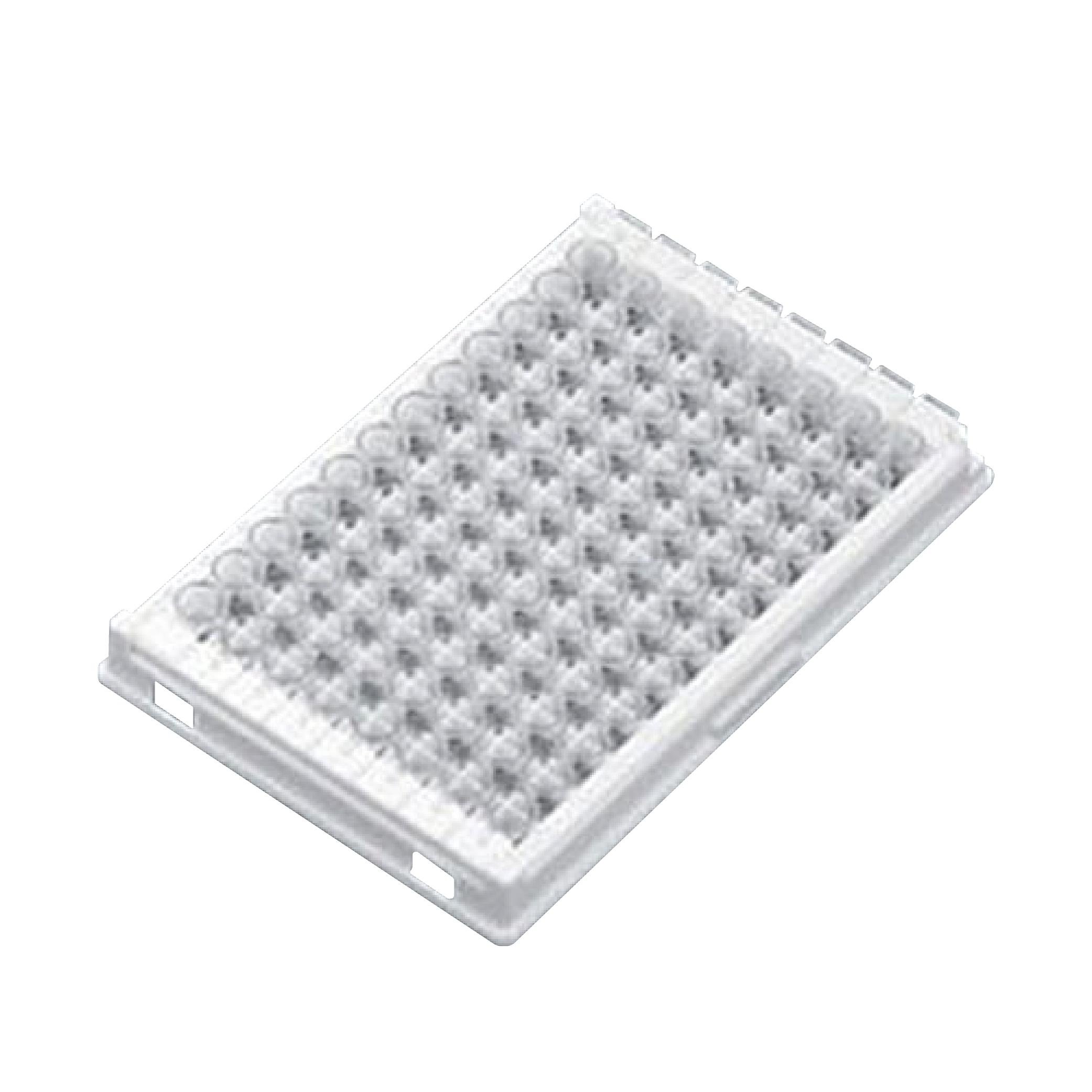- Empty cart.
- Continue Shopping
Antigen Details
| Alternate Names | MAFA, 2F1-Ag |
| Swissprot | Q96E93,O88713 |
| Gene ID | 10219,50928 |
| References |
1. Faraco,G, et al. 2018. Nat Neurosci. 21(2): 240-249.
2. Xiong H, et al. 2016. Cell. 03.017. 3. Coffelt S, et al. 2015. Nature. 522(7556): 345-348. 4. Naik S, et al. 2015. Nature. 520(7545): 104-108. 5. Sell S, et al. 2015. PLoS Pathog. 11(2): e1004481. |
Product Details
| Form | Liquid |
| Clone No. | 2F1 |
| Host | Syrian Hamster |
| Isotype | Syrian Hamster IgG |
| Isotype Control | FITC Syrian Hamster IgG Isotype Control[SHG-1] [Product E-AB-F09762C] |
| Reactivity | Human,Mouse |
| Application | FCM |
| Storage Buffer | Phosphate buffered solution, pH 7.2, containing 0.09% stabilizer and 1% protein protectant. |
| Recommended Use | Each lot of this antibody is quality control tested by flow cytometric analysis. The amount of the reagent is suggested to be used 5 µL of antibody per test (million cells in 100 µL staining volume or per 100 µL of whole blood). Please check your vial before the experiment. Since applications vary, the appropriate dilutions must be determined for individual use. |
| Shipping | Biological ice pack at 4℃ |
| Stability & Storage | Keep as concentrated solution. Store at 2~8°C and protected from prolonged exposure to light. Do not freeze. Centrifuge before opening to ensure complete recovery of vial contents. This product is guaranteed up to one year from purchase. |
| Conjugation | FITC |
| FITC is designed to be excited by the Blue laser (488 nm) and detected using an optical filter centered near 530 nm (e.g., a 525/40 nm bandpass filter). | |
|
|
|
How to select the appropriate detection channel through the spectrogram?
Background
| Killer cell lectin-like receptor G1 (KLRG1) is the mouse homolog of the rat mast cell function-associated antigen (MAFA or 2F1-Ag). KLRG1 is a type II membrane glycoprotein that was first identified on the surface of rat mast cell line RBL-2H3. It is composed of a homodimer of glycosylated 30-38 kD subunits. Mouse and human homologs of KLRG1 are expressed by subsets of NK cells and lymphokine-activated killer (LAK) cells but not mast cells. KLRG1 is also expressed on subsets of CD8+ and CD4+ cells, including CD4+ and CD8+ effector/memory cells, potent regulatory CD4+ T cells. KLRG1 may be involved in regulating NK cell homeostasis. KLRG4 was found to recognize cadherins and thus inhibit immune responses by regulating the effector function and the developmental processes of NK and T cells. |




























